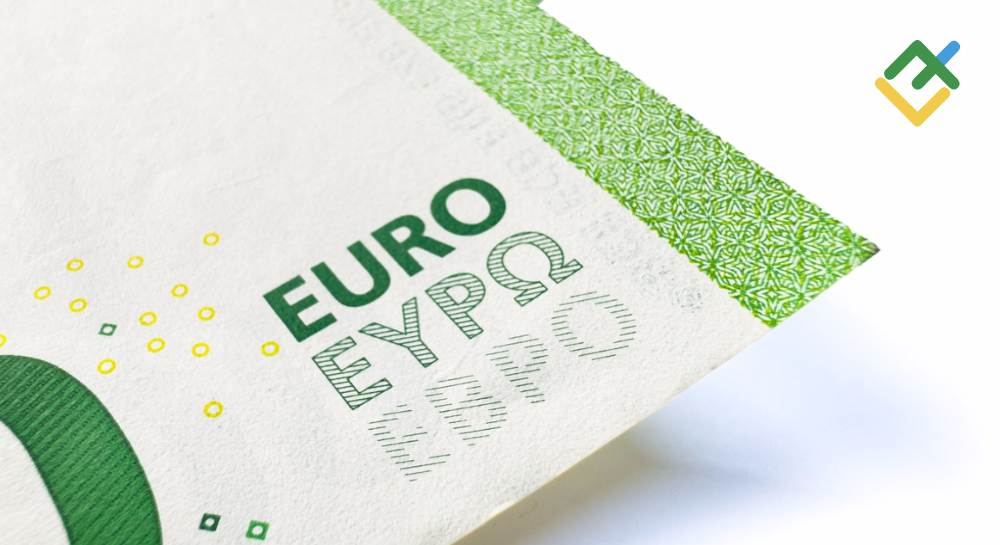
By Colleen Howe
BEIJING (Reuters) – Oil prices slipped in early Asian trading on Tuesday, extending losses from the previous session, over concerns about Chinese demand and as the market shrugged off the risk of conflict escalating in the Middle East.
Brent crude oil futures fell by 12 cents or 0.15% to $79.78 a barrel by 0033 GMT. U.S. crude futures were down 14 cents, or 0.18%, at $75.67 a barrel.
A raft of disappointing economic news out of China has shaken markets recently. China’s manufacturing activity likely shrank for a third month in July, a Reuters poll showed on Monday.
Also on Monday, Citi cut China’s growth forecast to 4.8% from 5% after its growth missed analyst estimates in the second quarter, noting that economic activity softened further in July.
The market is watching an upcoming meeting of China’s top decision-making body, the Politburo, expected to take place this week, that could elicit further economic policy support.
But expectations are limited after the Third Plenum, a key policy meeting in mid-July, largely reiterated existing economic policy goals and failed to lift market sentiment.
Oil fell 2% in the previous trading session after Israel signalled that its response to a Hezbollah rocket strike in Israeli-occupied Golan Heights on Saturday would be calculated to avoid dragging the Middle East into an all-out war.
That was reinforced by a U.S. diplomatic push, reported by Reuters on Monday, to constrain Israel’s response and prevent it from striking either the Lebanon capital of Beirut or any major civilian infrastructure in retaliation.
In Venezuela, the opposition said it had won 73% of the vote, despite the national electoral authority having declared incumbent Nicolas Maduro the winner of the election, giving him a third term in office.

“Nicolas Maduro’s victory in the latest Venezuelan election is a headwind for global supply, as this could result in tighter US sanctions,” ANZ analysts said in a note, estimating that could cut Venezuela’s exports by 100,000-120,000 barrels per day.
Governments in Washington and elsewhere cast doubt on the results and called for a full tabulation of votes, and protesters gathered in towns and cities across Venezuela on Monday.
This post is originally published on INVESTING.






